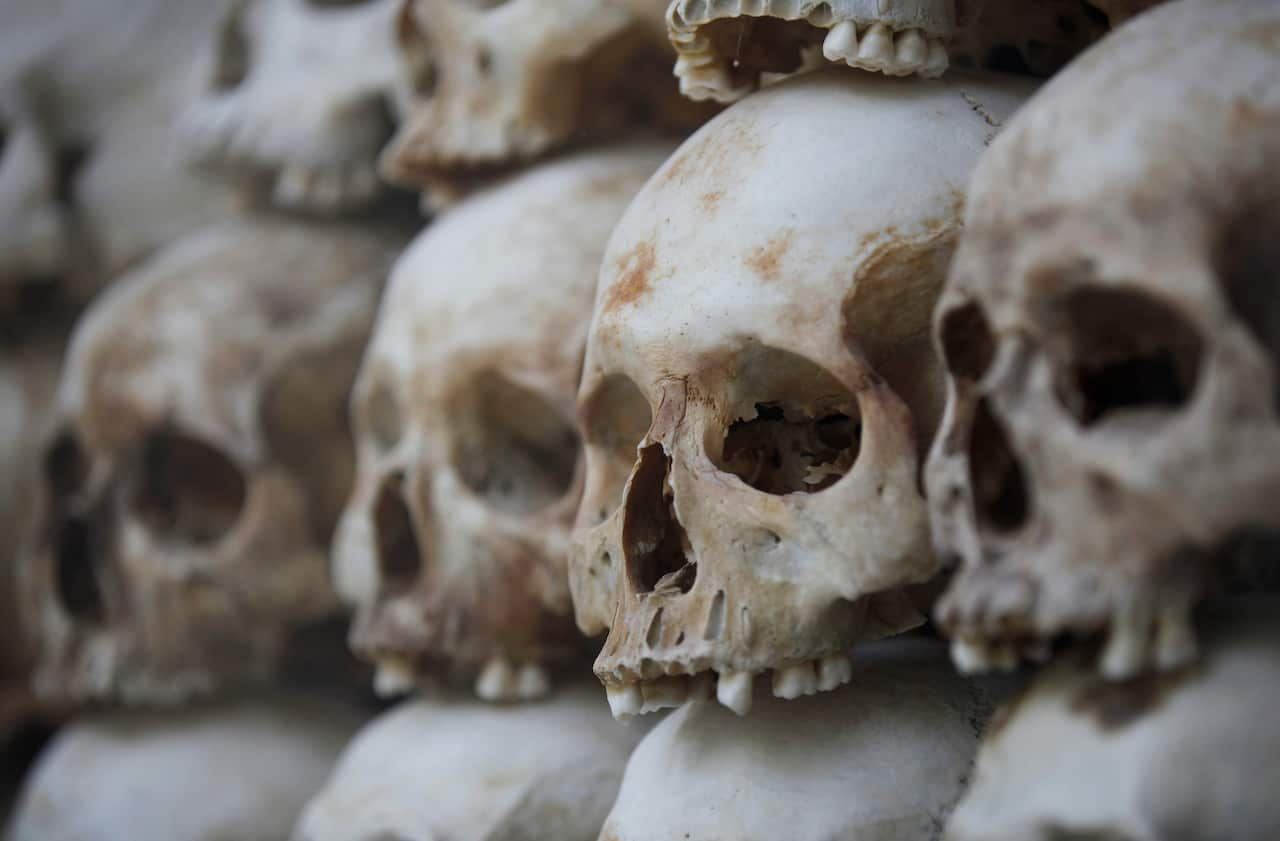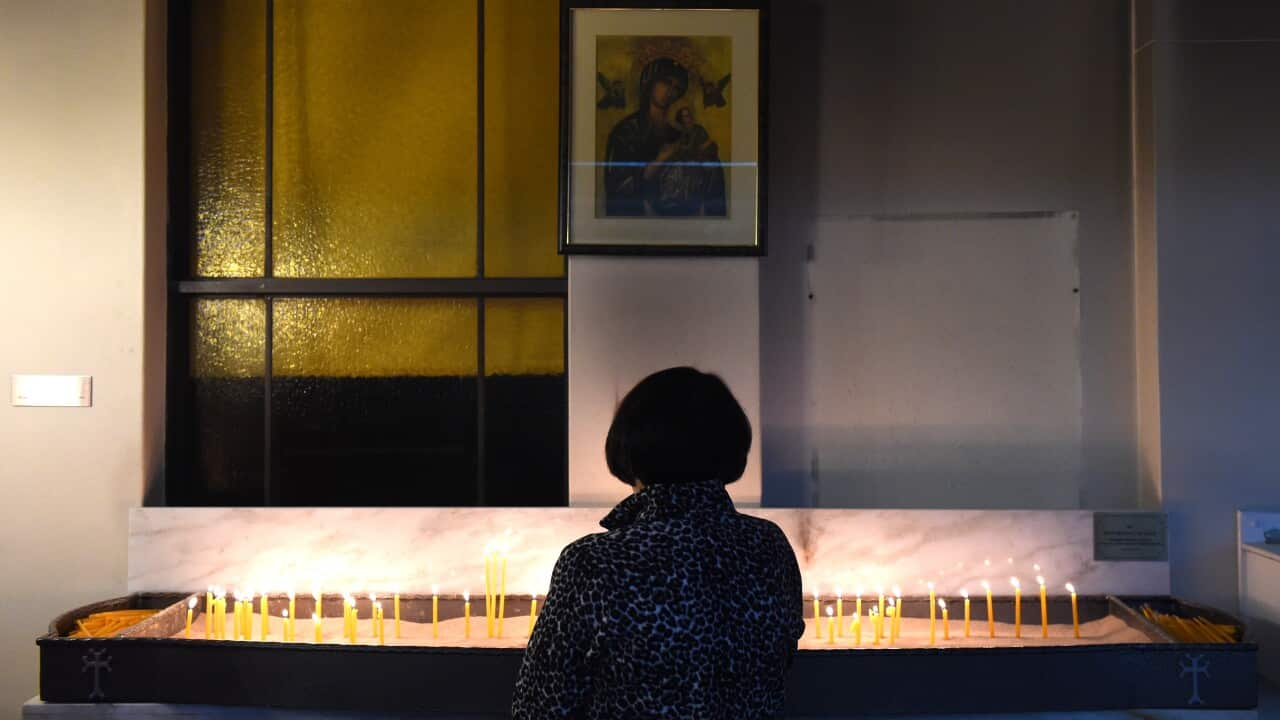Polish-born lawyer Doctor Raphael Lemkin created the word "genocide" in the 1940s by combining the Greek word genos (meaning "race" or "group") with the root of the Latin word caedere (meaning "to kill").
Doctor Lemkin campaigned for international laws defining and forbidding genocide and helped shape the wording of the adopted by the United Nations in 1948.
Legal definition
The Convention on the Prevention and Punishment of the Crime of Genocide restricts the application of the word to four particular types of victim groups based on nationality, race, ethnicity and religion.
Doctor Gideon Boas, from Monash Law School, said that meant any target group that was persecuted that fell outside of those categories was not considered to be a victim of genocide.
"One of the great examples given is the massacre of Cambodians under Pol Pot's regime," he told SBS."That was considered to be a group defined by politics rather than any of the four categories, so in relation to the vast majority of people killed in Cambodia, it's never been considered to be genocide."

Skulls of the Khmer Rouge victims are seen on display at Choeung Ek Genocidal Center during a ceremony in Phnom Penh, Cambodia. (AAP)
For mass killings to be defined as genocide, there must also be findings in relation to intent.
Doctor Melanie O'Brien, from the International Association of Genocide Scholars, told SBS that could be very hard to prove.
"So every crime has to be committed with a general intent; you have to intend to commit the crime.
"However, with genocide there's also what is called a 'special intent' and that special intent means that to commit genocide you must intend to destroy that targeted group and it's that specific intent that is extremely difficult to prove."
She said that had enabled countries to argue that they were not guilty of genocide.
"They either argue that it was political - the reason for the violence that occurred - or they argue that there was no genocidal intent. So they might argue there was no genocidal intent and in fact what it was, was an armed conflict. That's a very, very common argument."
Changing the definition
"So far, no-one has been able to come up with a better definition for genocide than the one adopted by the UN in 1948," Dr Boas told SBS.
He said there was a widely held view that politics should be added to the current four categories of nationality, race, ethnicity and religion.
Dr Boas said there was an obsession with defining widespread criminality - in particular crimes against humanity - as being genocide because there was a particular stigma that's attached to the term genocide.
"The crime itself is the endeavour to exterminate an entire group, erase it from human history and memory. That's what is so powerful about the term genocide," he said.
"But it's a term only because the reality is that prosecution of crimes which may constitute genocide can just as powerfully be dealt with as crimes against humanity and war crimes in courts."









